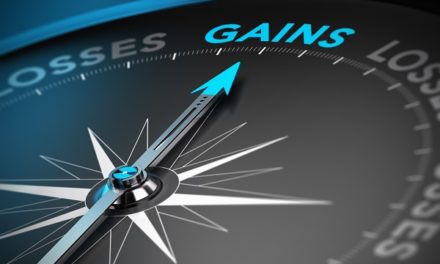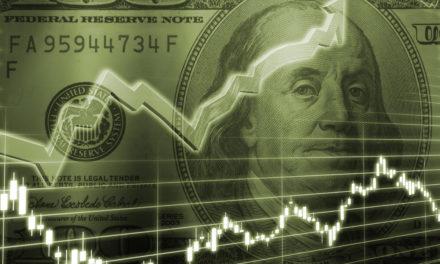
“Someone’s sitting in the shade today because someone planted a tree a long time ago.”
— Warren Buffett
The above quote from Warren Buffett is timeless, and brings into focus the choice about time horizon that any investor should think about before buying a stock they are considering. Behind every stock is an actual business; what will that business look like over a two-decade period?
Today, let’s look backwards in time to 1999, and take a look at what happened to investors who asked that very question about NiSource Inc. (NYSE: NI), by taking a look at the investment outcome over a two-decade holding period.
| Start date: | 06/11/1999 |
|
|||
| End date: | 06/10/2019 | ||||
| Start price/share: | $10.85 | ||||
| End price/share: | $28.42 | ||||
| Starting shares: | 921.66 | ||||
| Ending shares: | 2,196.74 | ||||
| Dividends reinvested/share: | $9.05 | ||||
| Total return: | 524.31% | ||||
| Average annual return: | 9.58% | ||||
| Starting investment: | $10,000.00 | ||||
| Ending investment: | $62,382.29 | ||||
As we can see, the two-decade investment result worked out well, with an annualized rate of return of 9.58%. This would have turned a $10K investment made 20 years ago into $62,382.29 today (as of 06/10/2019). On a total return basis, that’s a result of 524.31% (something to think about: how might NI shares perform over the next 20 years?). [These numbers were computed with the Dividend Channel DRIP Returns Calculator.]
Always an important consideration with a dividend-paying company is: should we reinvest our dividends?Over the past 20 years, NiSource Inc. has paid $9.05/share in dividends. For the above analysis, we assume that the investor reinvests dividends into new shares of stock (for the above calculations, the reinvestment is performed using closing price on ex-div date for that dividend).
Based upon the most recent annualized dividend rate of .8/share, we calculate that NI has a current yield of approximately 2.81%. Another interesting datapoint we can examine is ‘yield on cost’ — in other words, we can express the current annualized dividend of .8 against the original $10.85/share purchase price. This works out to a yield on cost of 25.90%.
More investment wisdom to ponder:
“If you don’t study any companies, you have the same success buying stocks as you do in a poker game if you bet without looking at your cards.” — Peter Lynch




